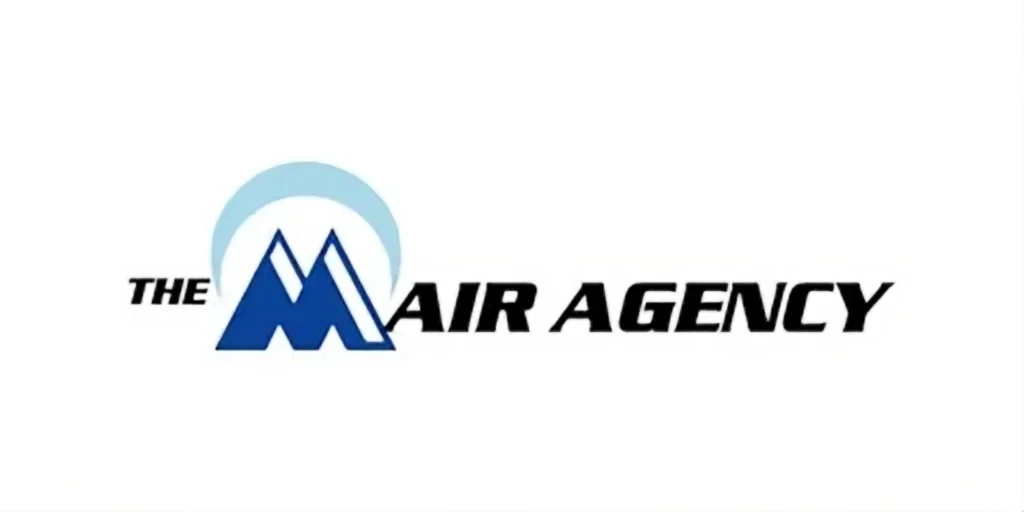
Varicose veins are a common condition that affects many people, especially those over the age of 50. These veins are often bulging, twisted, and discolored and can be uncomfortable or even painful for some people. For this reason, many people seek treatment to alleviate symptoms and improve the appearance of their legs. But the question remains, does Medicare cover varicose vein treatment?
Learn More About Coverage With Our Free Medicare Course
Is It Worth Treating Varicose Veins?
Varicose veins are often seen as a cosmetic issue, but they can also be a sign of an underlying health problem. In some cases, varicose veins can cause discomfort, swelling, and pain. They may also increase the risk of developing blood clots or other serious medical conditions. For these reasons, it is often recommended to seek treatment for varicose veins.
Can You Remove Varicose Veins Without Surgery?
There are several non-surgical treatments available for varicose veins, including compression stockings, sclerotherapy, and endovenous laser therapy. These treatments are generally less invasive than traditional surgical procedures and may be effective for mild to moderate cases of varicose veins. However, in more severe cases, surgical removal of the affected veins may be necessary.
Which Varicose Vein Treatments Does Medicare Cover?
Medicare Part B covers medically necessary services and procedures, including some varicose vein treatments. According to the Centers for Medicare & Medicaid Services (CMS), Medicare covers the following varicose vein treatments:
Radiofrequency Ablation (RFA) – This treatment uses heat generated by radiofrequency energy to close off the affected vein. The procedure is performed with a small catheter inserted into the vein and is typically done on an outpatient basis.
Endovenous Laser Therapy (EVLT) – This treatment uses a laser to seal off the affected vein. The procedure is also done on an outpatient basis and may be performed under local anesthesia.
Sclerotherapy – This treatment involves injecting a solution into the affected vein, which causes it to close off and eventually fade away. Sclerotherapy is typically used for smaller veins and may be performed on an outpatient basis.
It is important to note that Medicare coverage for varicose vein treatment may vary depending on the individual’s specific situation. For example, coverage may depend on the severity of the condition, the patient’s symptoms, and the type of treatment recommended by the healthcare provider.
Eligibility Requirements For Medicare Coverage Of Varicose Vein Treatment
To be eligible for Medicare coverage of varicose vein treatment, certain criteria must be met. According to CMS, the following conditions must be met:
The treatment must be medically necessary to treat symptoms related to varicose veins, such as pain, swelling, or ulcers.
The treatment must be performed by a qualified healthcare provider who accepts Medicare assignment.
The healthcare provider must document the medical necessity of the treatment and submit the appropriate documentation to Medicare for reimbursement.
Conclusion
Varicose veins can be a frustrating and uncomfortable condition, but there are treatment options available. For those with Medicare, it is important to understand the coverage options for varicose vein treatment. Medicare may cover some non-surgical treatments as well as surgical removal of the affected veins if deemed medically necessary. Patients should consult with their healthcare provider and Medicare representative to determine their eligibility and coverage for varicose vein treatment. In addition, preventative measures such as regular exercise, weight management, and wearing compression stockings can help reduce the risk of developing varicose veins in the first place.
Learn More About Coverage With Our Free Medicare Course




